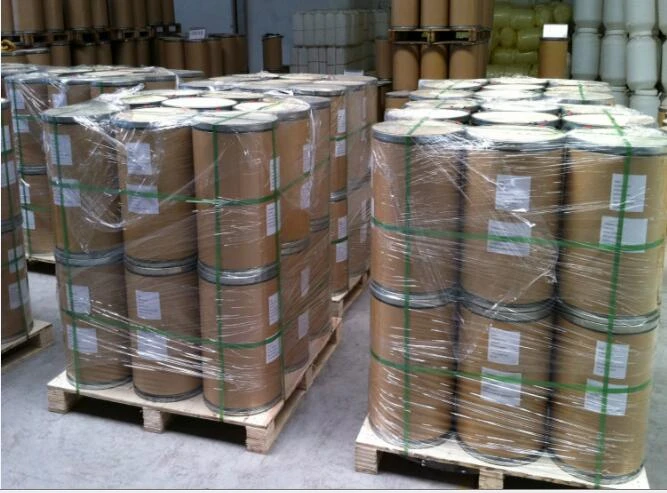The Role of Polymers in Water Treatment
Water is an essential resource for life, and ensuring its quality is crucial for public health and environmental sustainability. With increasing pollution levels and the demand for clean water rising globally, innovative solutions are needed to enhance water treatment processes. One such solution is the use of polymers in water treatment applications.
The Role of Polymers in Water Treatment
One significant application of polymers in water treatment is coagulation and flocculation. This process involves adding coagulants, which are often polymer-based, to water systems to remove suspended solids and colloids. The polymers create larger aggregates or flocs by bridging individual particles. These flocs can then be easily separated from water by sedimentation or filtration. This technique is particularly effective in removing turbidity, which is a common indicator of water quality. By enhancing the efficiency of sedimentation, polymers help reduce the operational costs associated with water treatment plants.
water treatment polymer

Moreover, polymers are also utilized in membrane filtration processes. Membranes serve as barriers that separate contaminants from clean water, and polymeric membranes have gained popularity due to their selective permeability and chemical resistance. They are used in reverse osmosis, ultrafiltration, and microfiltration systems. The incorporation of polymers improves the performance of these membranes, allowing for higher water flux rates while maintaining the quality of treated water. As a result, polymeric membranes are vital in producing potable water from seawater or wastewater.
Additionally, polymers can aid in the removal of specific contaminants such as heavy metals and organic pollutants through adsorption processes. Certain polymers possess functional groups that can bind with harmful substances, thus facilitating their removal from water. This application is especially important in industrial wastewater treatment, where toxic compounds can pose significant environmental threats.
Furthermore, advancements in polymer technology have led to the development of smart polymers that can respond to environmental changes. These responsive materials can change their properties based on pH, temperature, or the presence of specific ions, making them useful for dynamic water treatment systems.
In conclusion, polymers are indispensable in modern water treatment processes. Their ability to enhance coagulation and flocculation, improve membrane filtration, and facilitate the removal of contaminants underscores their significance in providing safe and clean water. As we continue to face water scarcity and pollution challenges, further research and innovation in polymer applications will be critical in developing sustainable water treatment solutions for the future.

